Ohio Doctor's Parole Hearing: Son's Struggle 36 Years After Mother's Murder

Table of Contents
The Crime and Conviction
On [Insert Date], Dr. [Convicted Doctor's Name] was convicted of the murder of [Victim's Name] in [Location, Ohio]. The details of the crime, while publicly available, remain deeply disturbing to the family. [Insert brief, factual description of the crime, avoiding graphic details unless essential and publicly documented. This should include method, location etc. if publicly available information]. The trial, which took place in [County] Common Pleas Court, presented compelling evidence including [mention key pieces of evidence, such as witness testimony, forensic evidence etc.]. Dr. [Convicted Doctor's Name] was subsequently sentenced to [Sentence length] in prison.
- Specific details about the crime: [Add further details, referencing credible sources if available. Avoid graphic descriptions unless absolutely necessary and publicly available information]
- Key evidence presented at the trial: [List key pieces of evidence that led to the conviction]
- Length of the prison sentence: [State the initial sentence length]
The Son's Perspective and Struggle
For [Son's Name], the past 36 years have been a relentless struggle with grief, anger, and the enduring trauma of witnessing his mother's life violently cut short. "The day my mother died, a part of me died too," he stated in a recent interview. [If possible, include other quotes from interviews or official statements]. The loss irrevocably altered the trajectory of his life, impacting his relationships, career, and mental health. The constant fear of encountering his mother's killer, and the anxiety surrounding potential parole hearings, have added further layers of difficulty.
- How the son's life was impacted by the loss of his mother: [Describe the impact on his education, career, relationships, mental and emotional wellbeing]
- Challenges faced by the son in the years since the murder: [Detail any specific challenges, such as therapy, legal battles, or social difficulties].
- His feelings about the upcoming parole hearing: [Describe his anxieties, hopes, fears, and preparations for the hearing].
The Parole Hearing and its Implications
The parole hearing for Dr. [Convicted Doctor's Name] is scheduled for [Date, if known]. [Son's Name] plans to actively participate in the hearing, submitting a victim impact statement detailing the devastating and long-lasting consequences of his mother's murder. The parole board will weigh various factors, including the severity of the crime, the prisoner's behavior in prison, and the victim impact statements. Arguments in favor of parole may center on [Mention potential arguments for parole, such as rehabilitation or good behavior], while opposition will likely highlight the brutality of the crime and the ongoing suffering of the victim's family.
- Date and location of the parole hearing: [If known, state the date and location]
- Key arguments presented by the son and the defense: [Summarize the key arguments expected from both sides]
- Potential outcomes of the hearing: [Discuss the possible outcomes, including parole granted, parole denied, or postponement of the hearing]
The Broader Context of Justice and Forgiveness
This case raises critical questions about justice, forgiveness, and the effectiveness of the Ohio criminal justice system. The parole hearing forces a re-examination of the balance between rehabilitation and retribution. The emotional toll on the victim's family, enduring for decades, highlights the need for comprehensive support systems for victims of violent crime. Public opinion on such cases is often divided, highlighting the societal struggle to reconcile compassion for the incarcerated with the demands for justice for victims. Restorative justice practices, while not applicable in all cases, offer potential paths toward healing and reconciliation.
- Discussion of the challenges faced by victims' families: [Discuss common challenges faced by families, like financial burdens, emotional trauma, and systemic difficulties in navigating the justice system].
- Exploration of different approaches to justice and rehabilitation: [Explore different approaches to criminal justice, including restorative justice, and discuss their potential effectiveness].
- Consideration of the impact of the case on public perception of the criminal justice system: [Discuss how this case may highlight public perception of the system's strengths and weaknesses].
Conclusion
The Ohio doctor's parole hearing underscores the enduring human cost of violent crime. [Son's Name]'s ongoing struggle, 36 years after his mother's murder, serves as a poignant reminder of the long shadow cast by such acts. This case is not just about a parole hearing; it's about the ongoing fight for justice, the need for support for victims' families, and the complexities of the criminal justice system. Stay informed about the outcome of this crucial Ohio doctor's parole hearing and continue to advocate for victims' rights. The impact of violent crime extends far beyond the immediate aftermath; let us remember and support those who continue to bear its weight.

Featured Posts
-
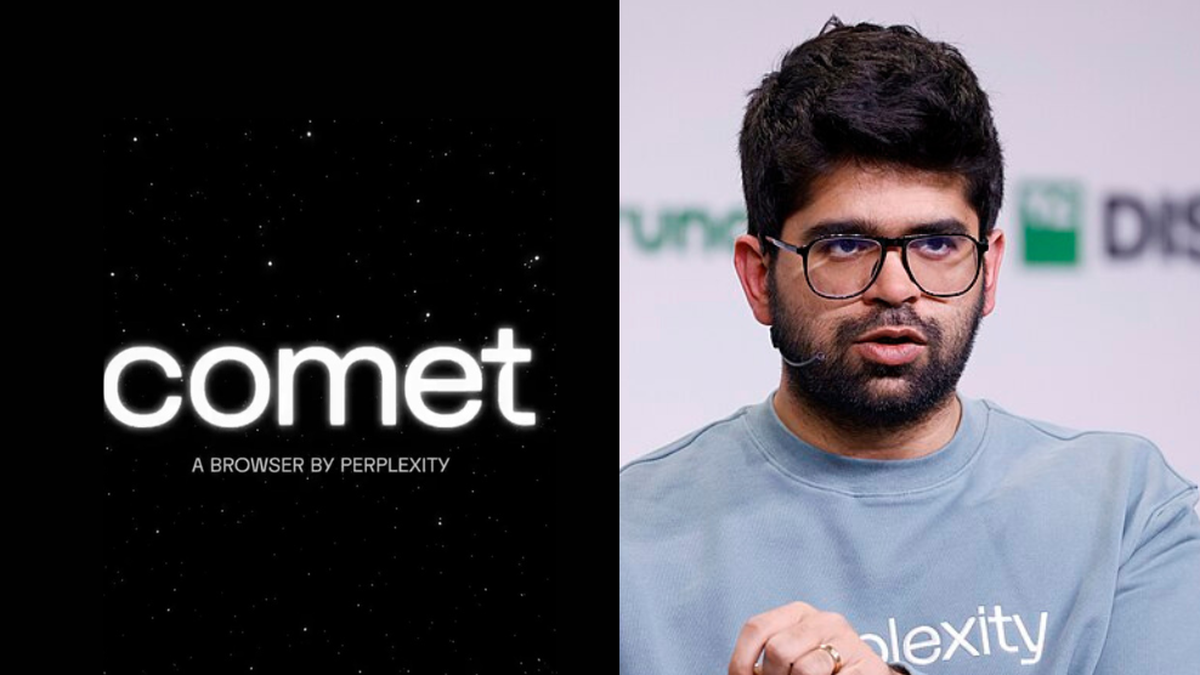 Ai Browser War An Interview With Perplexitys Ceo
Apr 29, 2025
Ai Browser War An Interview With Perplexitys Ceo
Apr 29, 2025 -
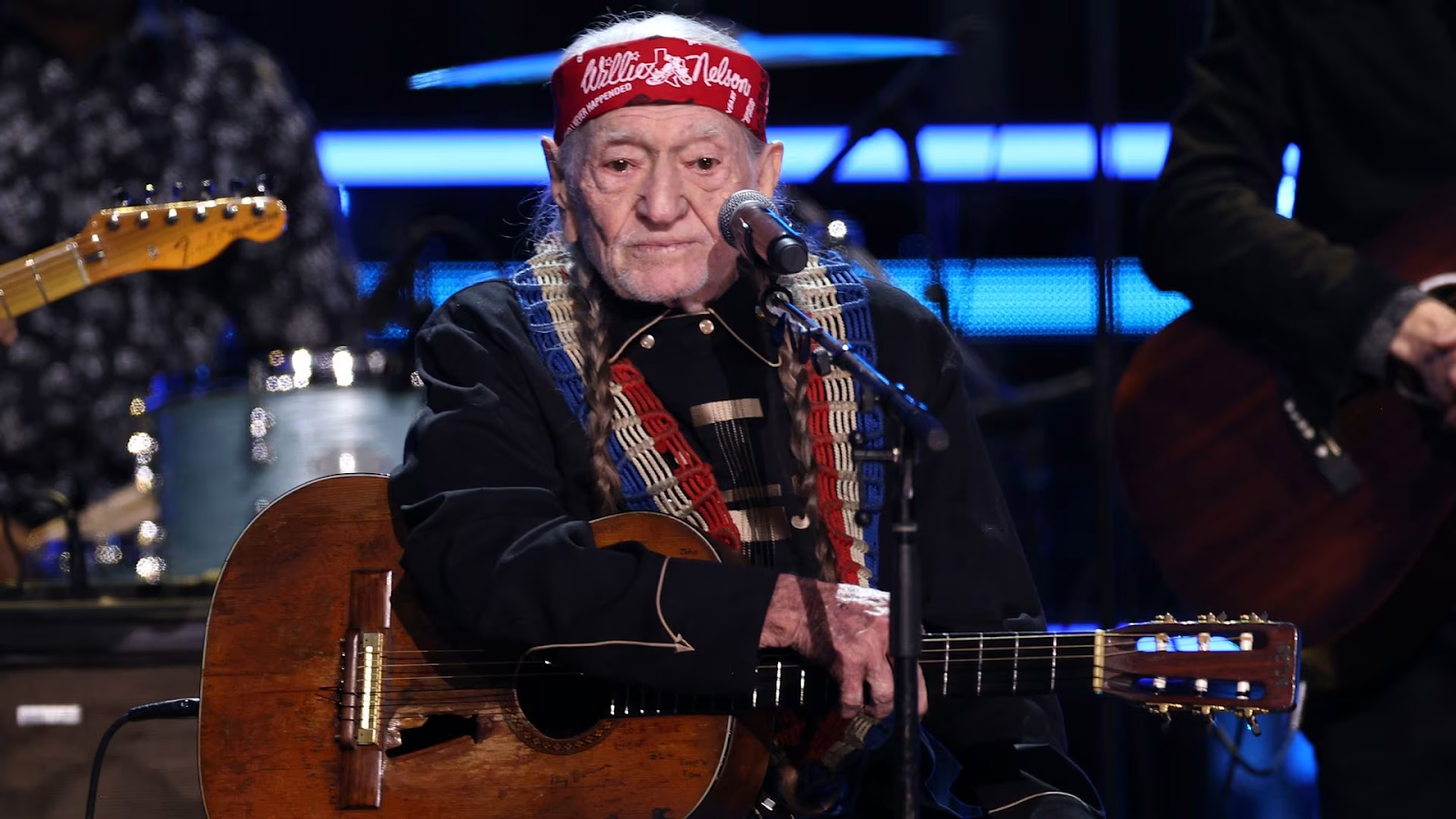 Willie Nelsons Health Concerns Rise Amidst Rigorous Touring Schedule
Apr 29, 2025
Willie Nelsons Health Concerns Rise Amidst Rigorous Touring Schedule
Apr 29, 2025 -
 Comparing The One Plus 13 R And Pixel 9a Which Phone Wins
Apr 29, 2025
Comparing The One Plus 13 R And Pixel 9a Which Phone Wins
Apr 29, 2025 -
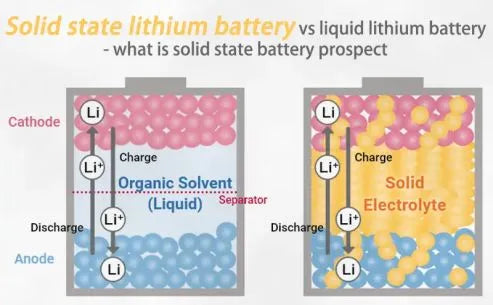 Kuxius Solid State Power Bank Higher Cost Longer Life
Apr 29, 2025
Kuxius Solid State Power Bank Higher Cost Longer Life
Apr 29, 2025 -
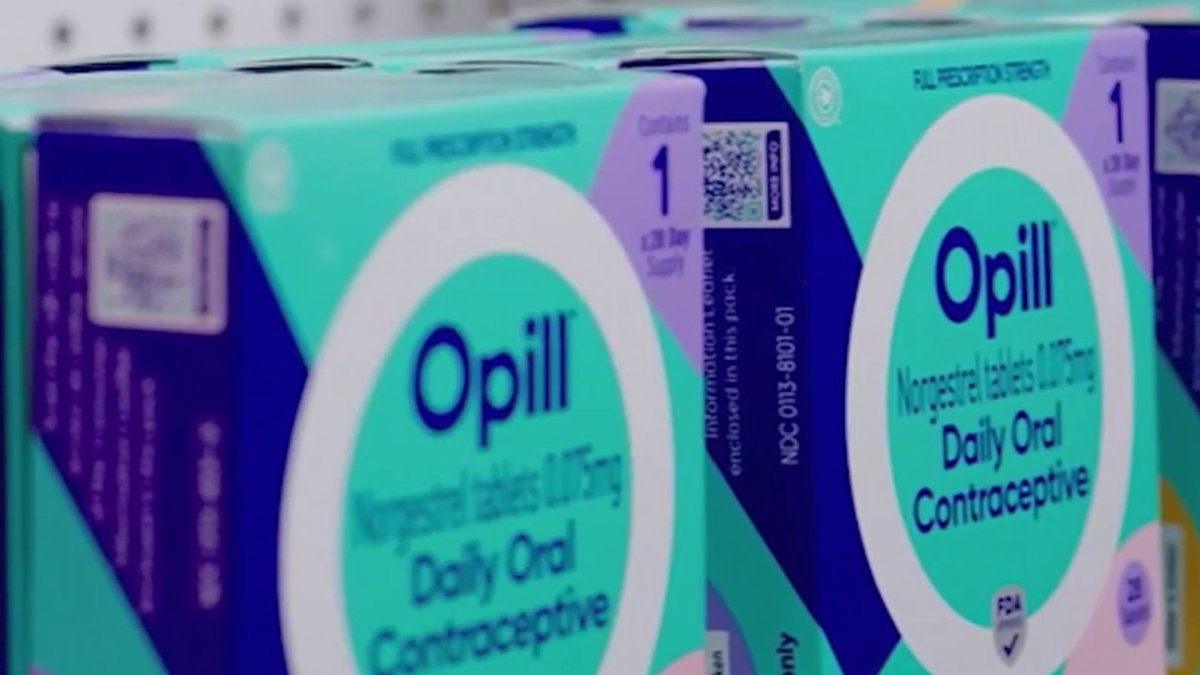 Post Roe America How Over The Counter Birth Control Reshapes Family Planning
Apr 29, 2025
Post Roe America How Over The Counter Birth Control Reshapes Family Planning
Apr 29, 2025
Latest Posts
-
 Con Alberto Ardila Olivares La Garantia De Gol Esta Asegurada
Apr 29, 2025
Con Alberto Ardila Olivares La Garantia De Gol Esta Asegurada
Apr 29, 2025 -
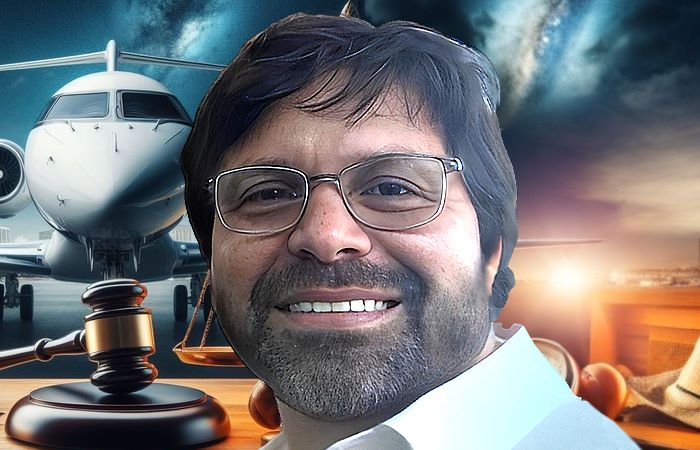 Asegura El Gol Con El Metodo Alberto Ardila Olivares
Apr 29, 2025
Asegura El Gol Con El Metodo Alberto Ardila Olivares
Apr 29, 2025 -
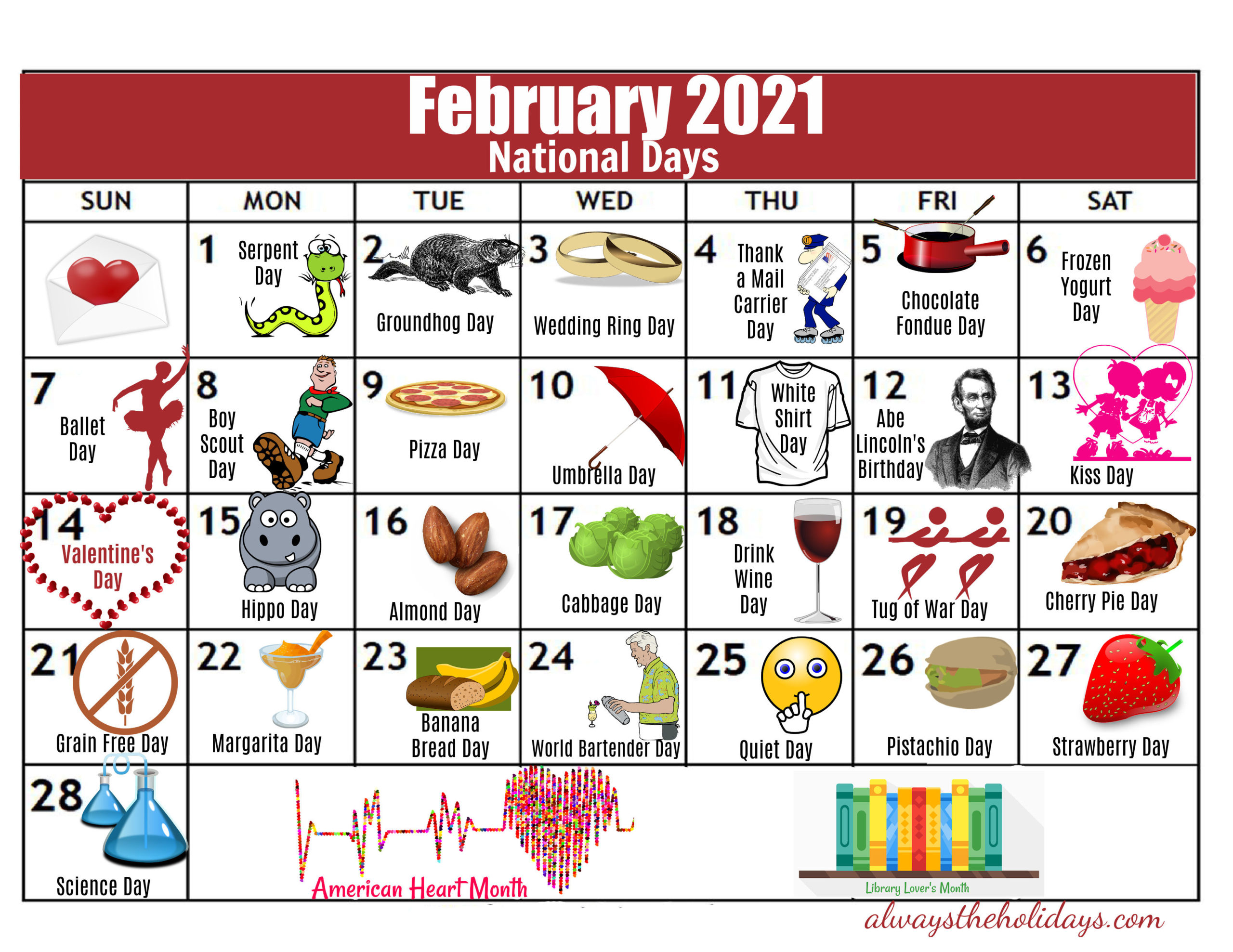 February 20 2025 A Day Of Happiness
Apr 29, 2025
February 20 2025 A Day Of Happiness
Apr 29, 2025 -
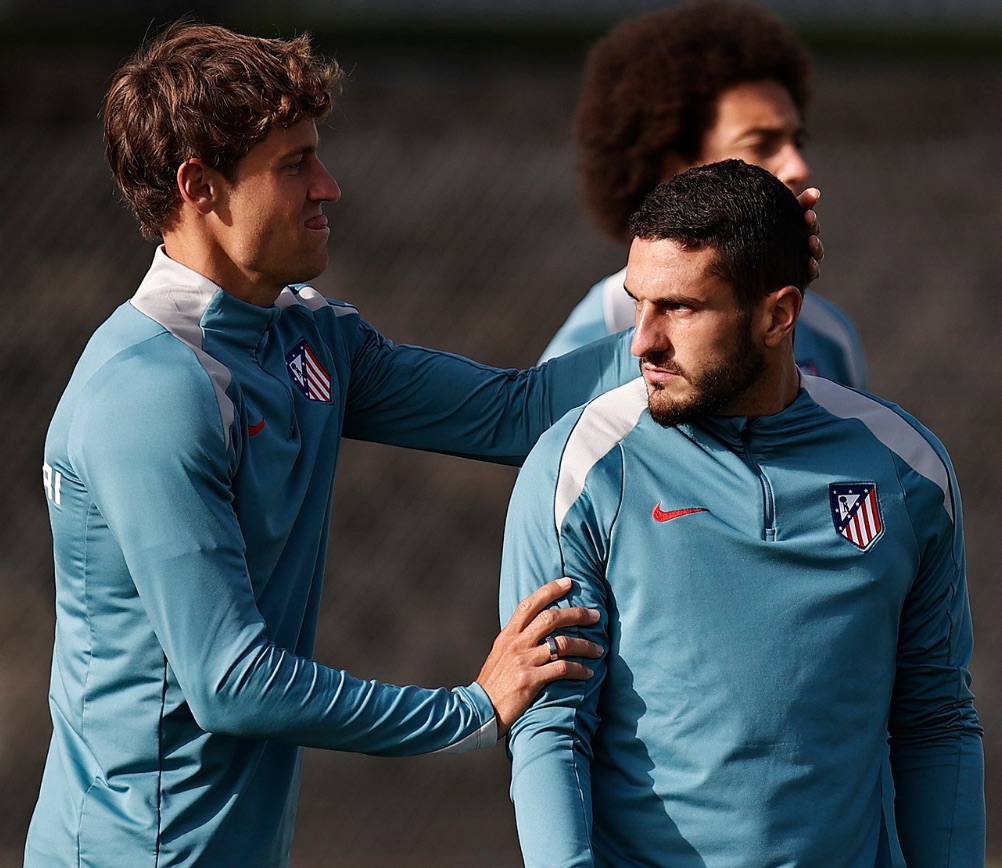 Alberto Ardila Olivares Estrategia Y Garantia De Gol
Apr 29, 2025
Alberto Ardila Olivares Estrategia Y Garantia De Gol
Apr 29, 2025 -
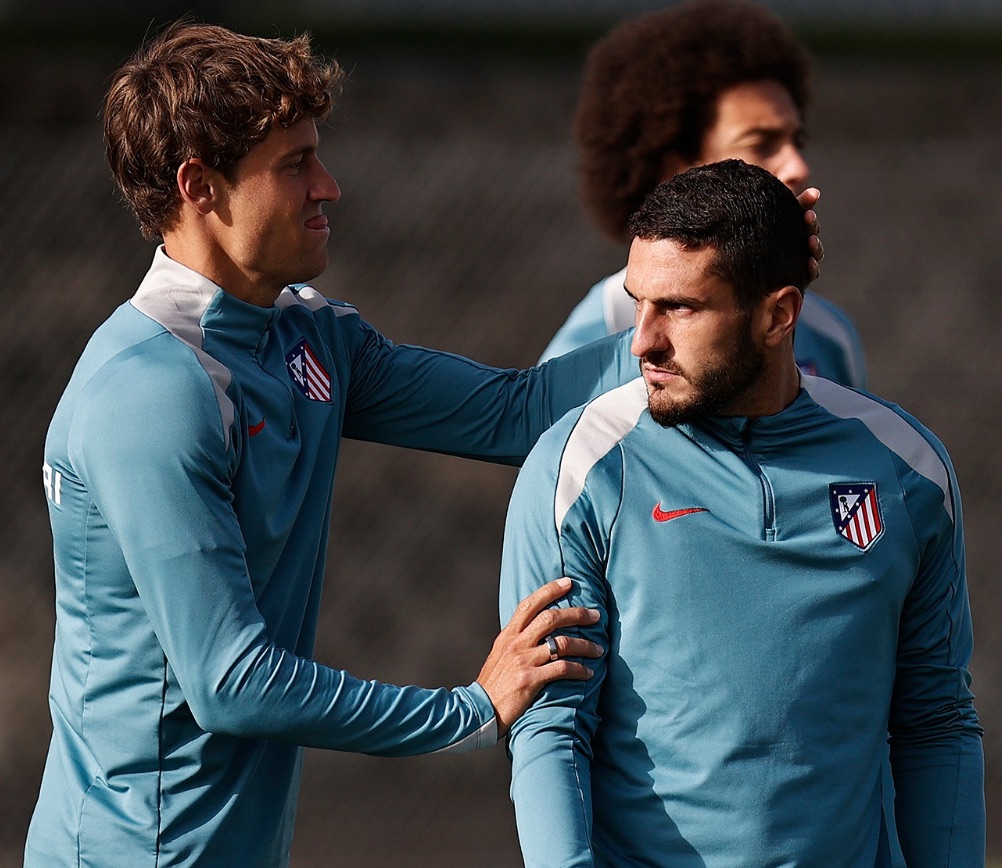 Garantia De Gol Alberto Ardila Olivares
Apr 29, 2025
Garantia De Gol Alberto Ardila Olivares
Apr 29, 2025
